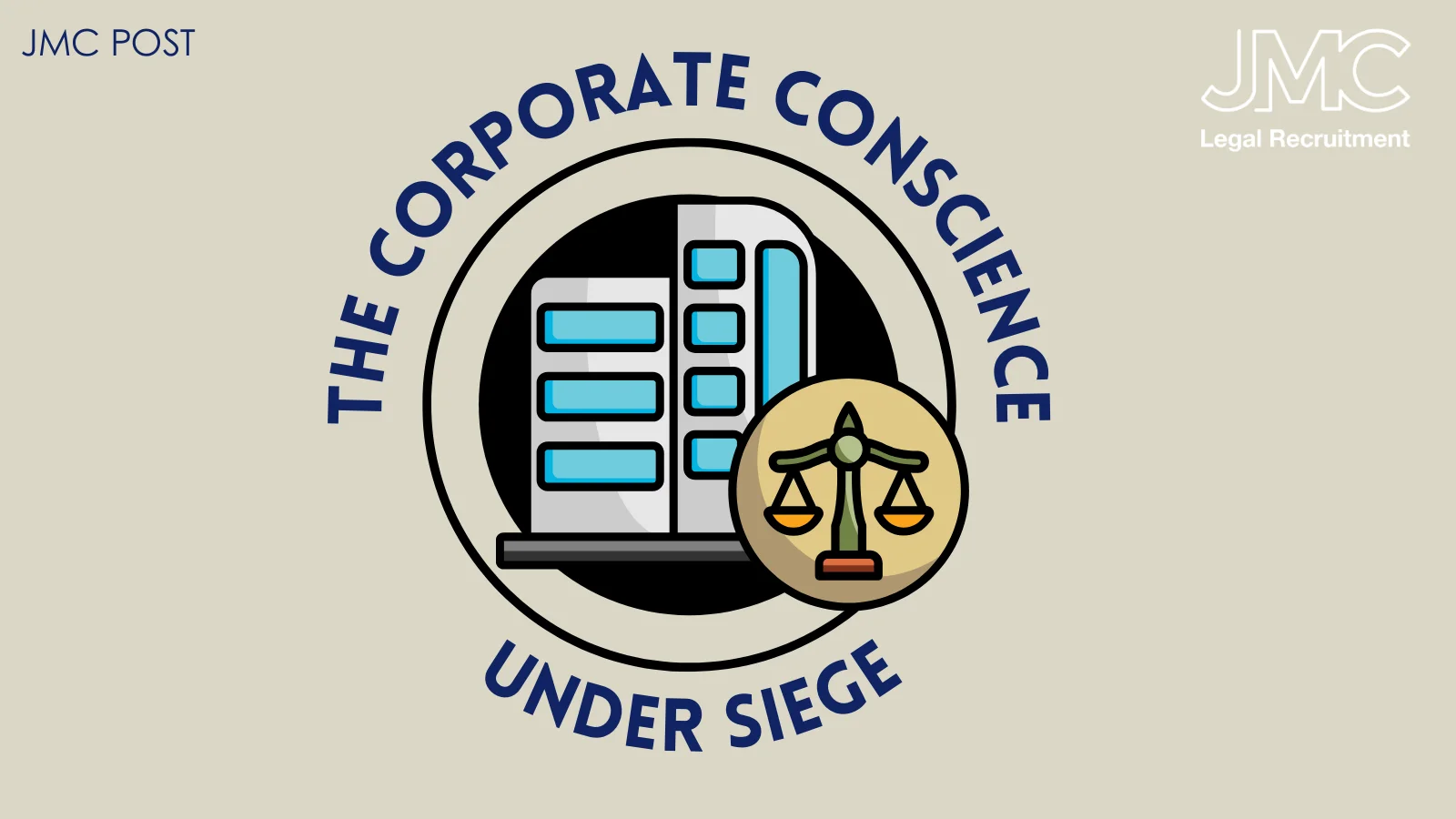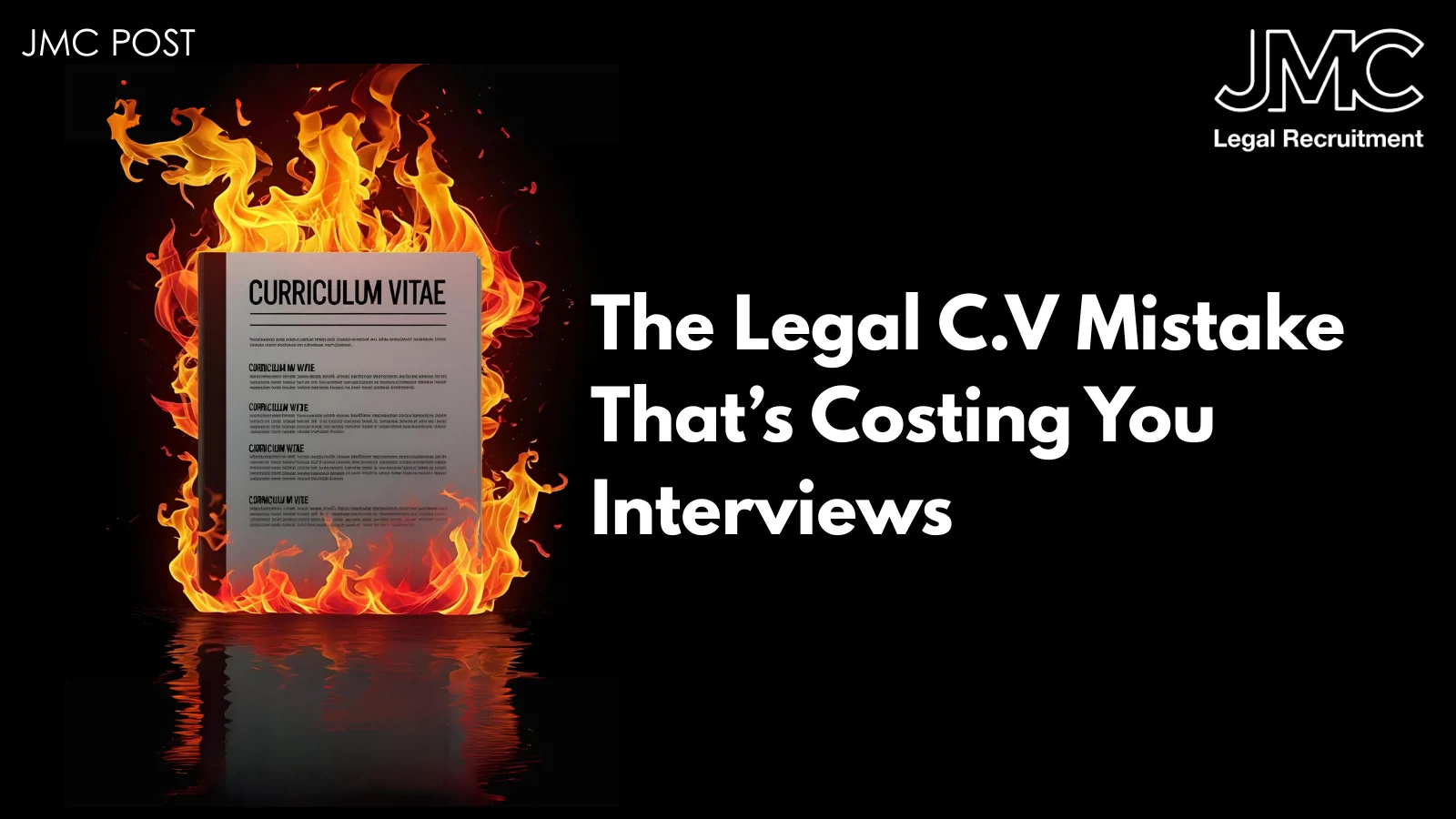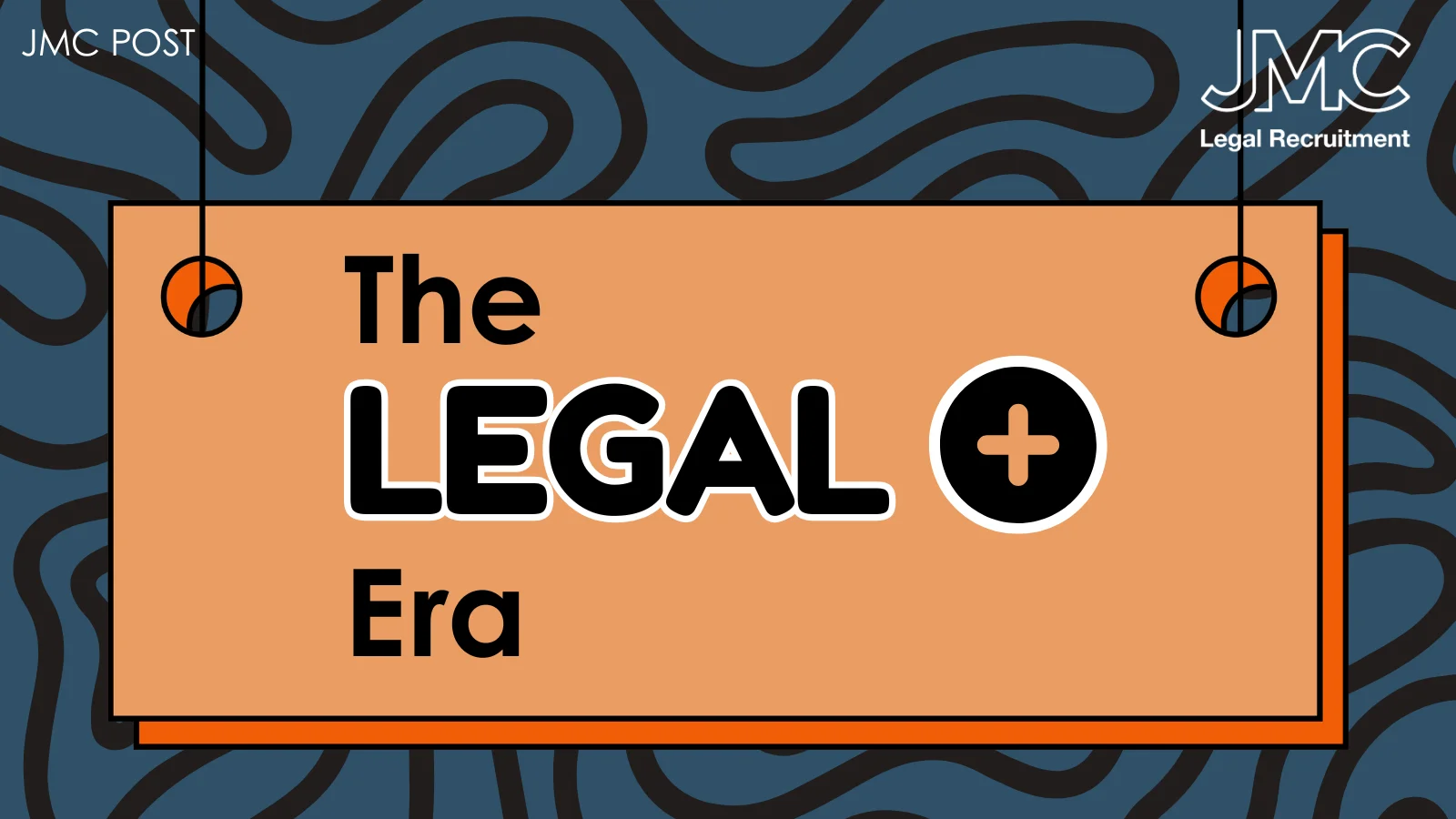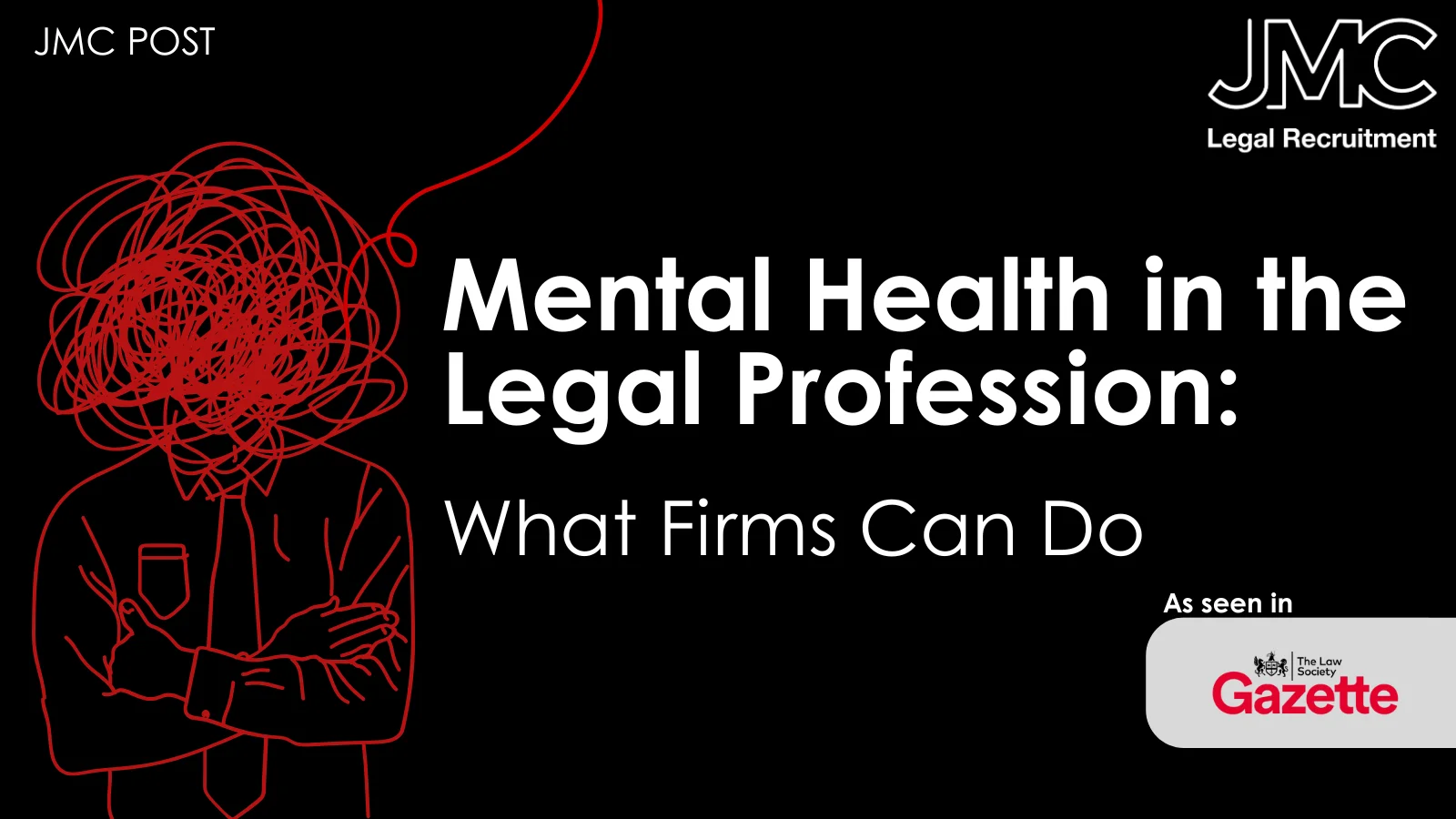
The Legal CV Mistake That’s Costing You Interviews
27 Jun, 20254 minutes
Let’s not sugar-coat it, most legal CVs do a poor job of selling the person behind them. In fact, many read like internal case summaries: accurate, risk-managed, and utterly devoid of personality. I have found over the year’s most lawyer CV’s fall into this category.
And that’s a problem. Because your CV isn’t just a professional timeline. It’s a sales document. It’s your pitch. Your personal brochure. And if it’s not showing off your full potential, your value, your ambition, your edge, then you’re doing yourself a disservice.
Lawyers, Are You Underselling Yourself?
It’s no secret that many lawyers aren’t naturally wired for self-promotion. You’re trained to mitigate risk, manage expectations, and focus on the facts. But when it comes to your CV, playing it too safe is where it all starts to go wrong.
Ask yourself:
- Does your CV show what makes you better than someone with similar experience?
- Is it easy to understand what you’ve actually achieved?
- Can someone reading it picture where you’re going next?
If the answer’s no, or worse, “I’m not sure” - it’s time to take a closer look.
Because in legal recruitment, especially at the senior end of the market, experience is the minimum requirement.
Potential is what gets people hired.
Too many CVs focus purely on the past. They list out responsibilities. They outline transactions. They stay in a tidy, safe, technical lane.
What they don’t do is sell. They don’t tell a story. They don’t show growth, ambition, commerciality, or the candidate’s wider potential.
And the irony? Those are the very things decision-makers are trying to assess in interviews. But if your CV doesn’t hint at them, you might not even get invited to one. Many junior candidates apply for so many roles without success or ever getting an interview, all the while longer their confidence getting more eroded with every rejection. But perhaps you are getting rejected because your CV just isn’t making your talents and potential clear. I see this so much on CV’s.
So How Do You Sell Potential?
Here’s the challenge and the opportunity. A CV is, by nature, a past-and-present tense document. But in interviews and hiring decisions, the focus is firmly on the future.
That’s why, when I work with senior lawyers, particularly those aiming for partnership or strategic roles, I often encourage them to write a business plan.
Not a 20-page presentation. Just a short, sharp document that shifts the conversation forward. It outlines what you would do if given the platform. What you want to build. How your track record gives credibility to those ambitions.
For many, the idea is daunting. But when done well, it flips the whole dynamic of an interview. It positions you as someone with direction. Someone who’s thought it through. Someone they can invest in.
What If You’re Not Yet at Partner Level?
Even if you’re earlier in your legal career, the same principle applies. You need to show that you’re going somewhere, not just that you’ve been somewhere.
Start with a personal profile at the top of your CV.
A few short lines that bring you to life as a person, not just a job title.
What are you passionate about?
What drives you?
What kind of role are you looking for next?
Then take a hard look at your bullet points. Are they just task lists? Or are they achievement-led? Are you showing the impact you’ve had?
Remember: law firms don’t just hire skills. They hire people. And when experience is similar, personality, ambition, and attitude are often the deciding factors.
The Reality of Interviews
Another point worth raising, and one many candidates overlook, is that not all interviewers are good at interviewing.
Some are excellent. Others? Less so. Many are not trained to ask the right questions, or to draw out the nuance of your potential.
So don’t rely on the interviewer to do all the heavy lifting. Your CV needs to spark better questions. It should give you a platform to steer the conversation. If you’re not being fully utilised in your current role, and let’s face it, that’s why many people end up looking, then your CV has to spell out the capability you’ve not yet had the chance to show.
Because if you don’t communicate it, how will they know?
Before you send your CV out again, pause and consider:
- Does this document just describe me, or does it sell me?
- Can a future employer clearly see my value and potential?
- Am I positioning myself for the role I want — or just recording the one I’ve had?
If you’re not sure how to answer those, it’s probably time to rewrite.
Want to learn more about how to position yourself for your next move? Whether you're aiming for partnership, an in-house shift, or just a role that finally values what you bring, JMC can help.
At JMC Legal Recruitment, we work with lawyers across the UK on lateral moves, partner placements and strategic career steps. Your next role might depend on how well your CV tells your story. Let’s make sure it tells the right one.
Related Articles:
[How to Future-Proof Your Legal Career]
[Are You Being Paid What You're Worth]



